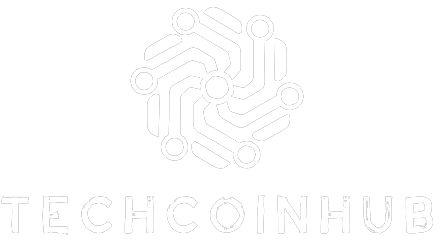Artificial Intelligence (AI) has emerged as a disruptive force, revolutionizing various industries and transforming the way we work. It is gradually becoming a vital component of our daily lives, making its way into businesses and organizations across the globe. The rapid advancements in AI technologies have generated both excitement and concerns about the future of work. In this post, we will explore the impact of AI on the workforce, focusing on how it is reshaping industries, job roles, and the skills required to succeed in a tech-driven world.
1. Automation and Job Displacement
One of the primary concerns surrounding AI is the potential for job displacement. AI-powered machines and algorithms can automate repetitive and mundane tasks, enabling greater efficiency and accuracy. While this leads to increased productivity, it also raises questions about the future of traditional jobs. However, it is important to note that AI is not solely responsible for job losses. It can also create new job opportunities and roles that were previously unimaginable.
2. Augmenting Human Capabilities
AI has the potential to augment human capabilities by streamlining and enhancing various tasks. By taking over repetitive tasks, AI frees up human workers to focus on more innovative and complex aspects of their work. For instance, chatbots can handle customer inquiries, allowing human employees to concentrate on more strategic customer service initiatives. Moreover, AI can analyze large amounts of data to provide valuable insights, empowering employees to make data-driven decisions.
3. The Emergence of New Job Roles
As AI technology becomes more prevalent, it gives rise to new job roles that require skills in AI development, machine learning, data analysis, and more. These roles include AI specialists, data scientists, algorithm trainers, and AI ethicists. The demand for individuals with expertise in these areas is expected to increase significantly in the coming years. Therefore, to adapt to the changing employment landscape, individuals need to acquire the necessary skills to work alongside AI systems.
4. The Need for a Digital Mindset
With the integration of AI, the future workforce needs to embrace a digital mindset. This involves being adaptable, open to learning new technologies, and continuously upgrading skills. It is crucial to recognize that AI is not a replacement for humans but a tool to be leveraged for better outcomes. Therefore, individuals who can harness the power of AI and understand its potential for innovation will have a competitive edge in the job market.
5. The Importance of Continuous Learning
In a rapidly changing technological landscape, continuous learning is vital for career growth. As AI evolves, there will be a constant need to update skills to stay relevant. Upskilling and reskilling programs will play a crucial role in enabling workers to transition into new roles or industries. It is essential for organizations and educational institutions to prioritize lifelong learning initiatives to equip individuals with the skills needed for the tech-driven workforce of the future.
Conclusion
Artificial intelligence is set to revolutionize the future of work, bringing about both challenges and opportunities. While AI may automate certain tasks, it also has the potential to enhance human capabilities and create new job roles. Adaptability, digital literacy, and continuous learning will be key to thriving in this tech-driven workforce. By embracing AI and acquiring the necessary skills, individuals can position themselves for success in the ever-evolving world of work.

